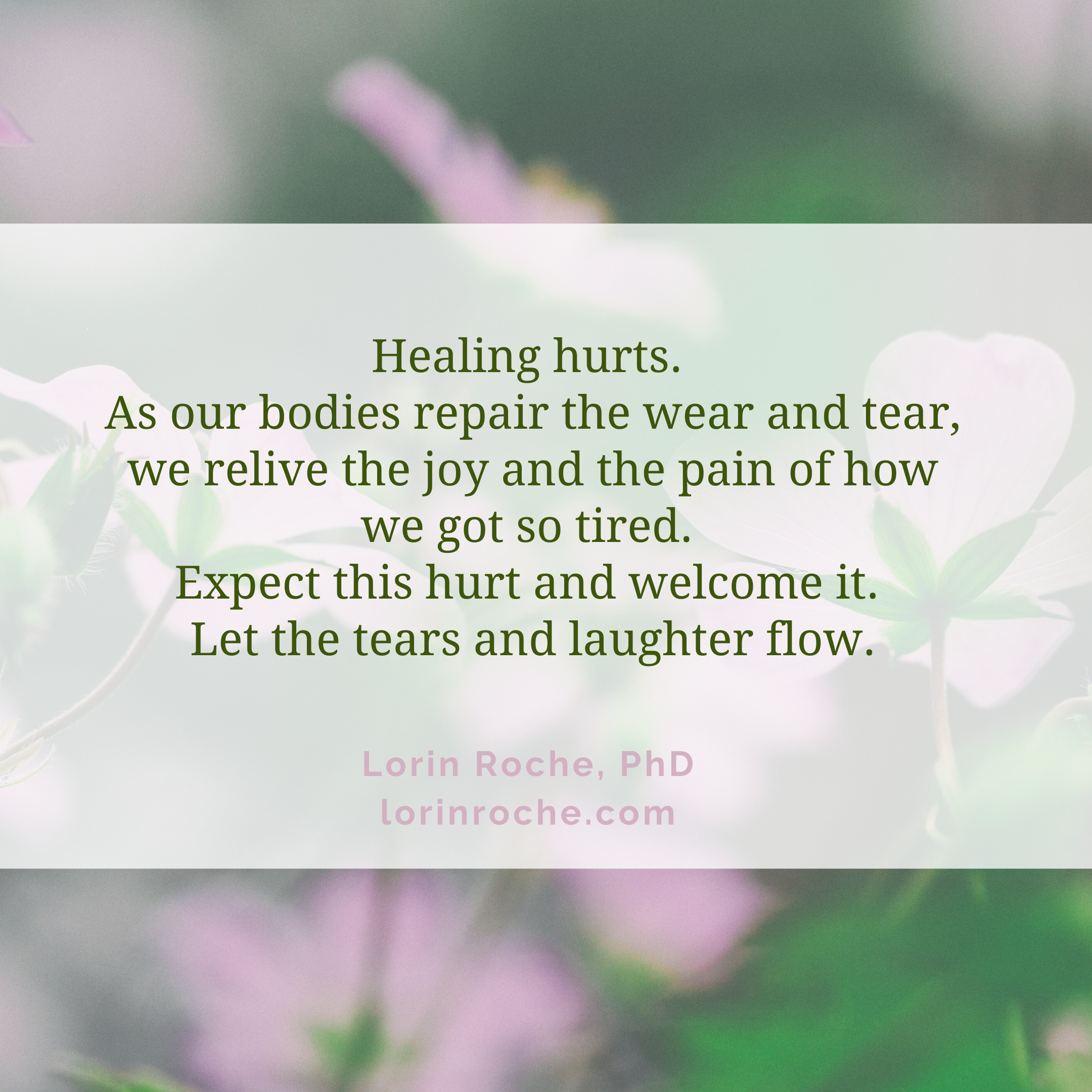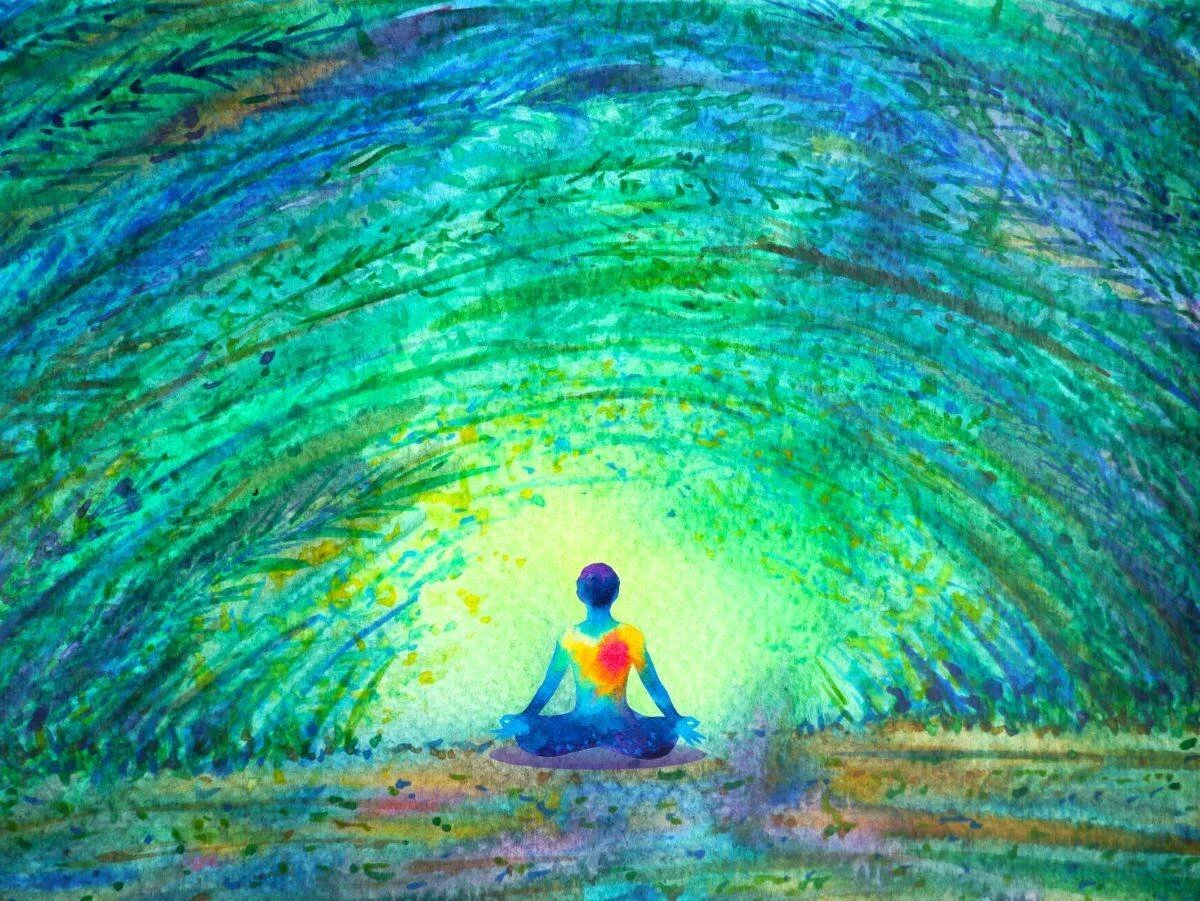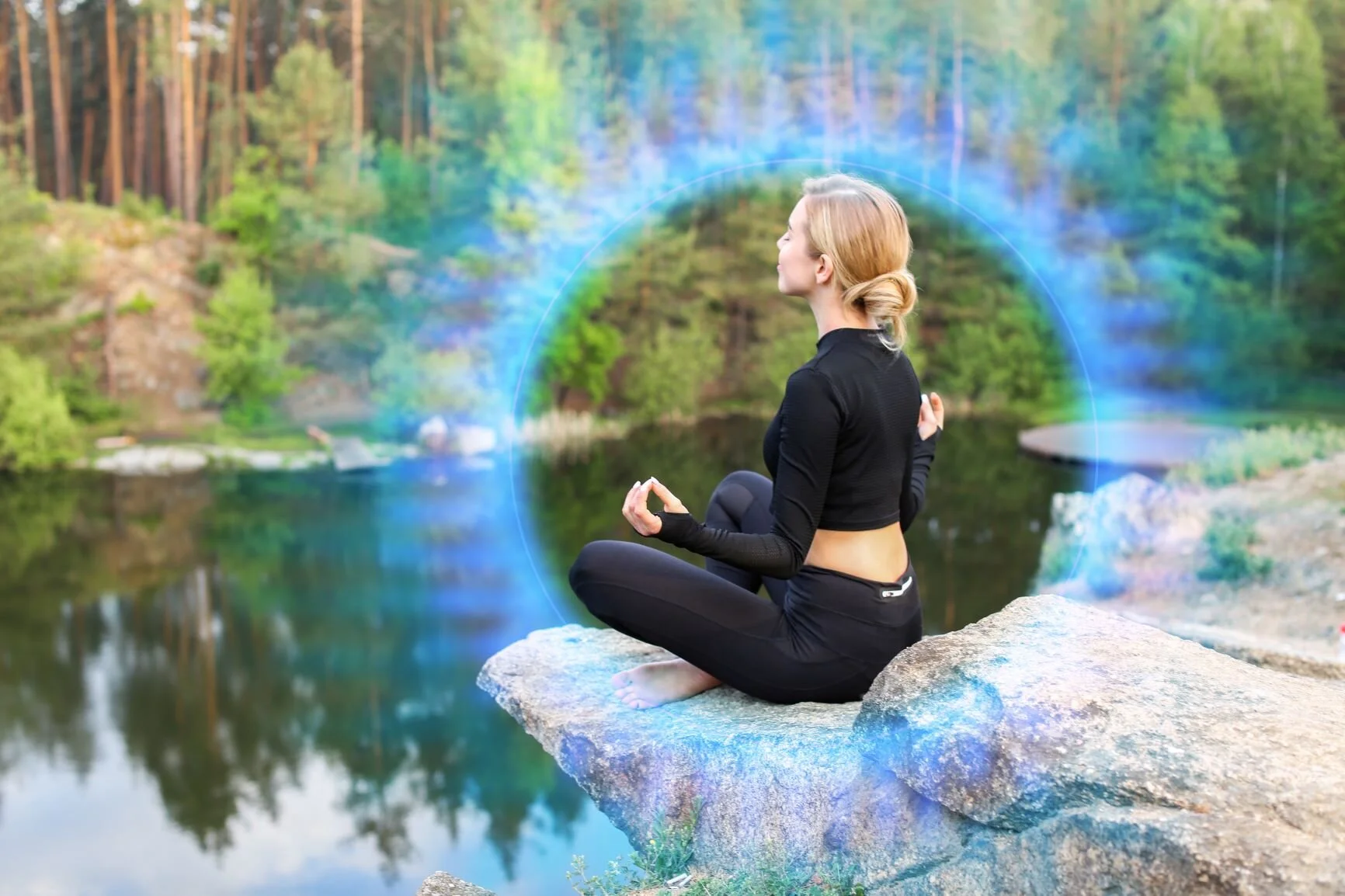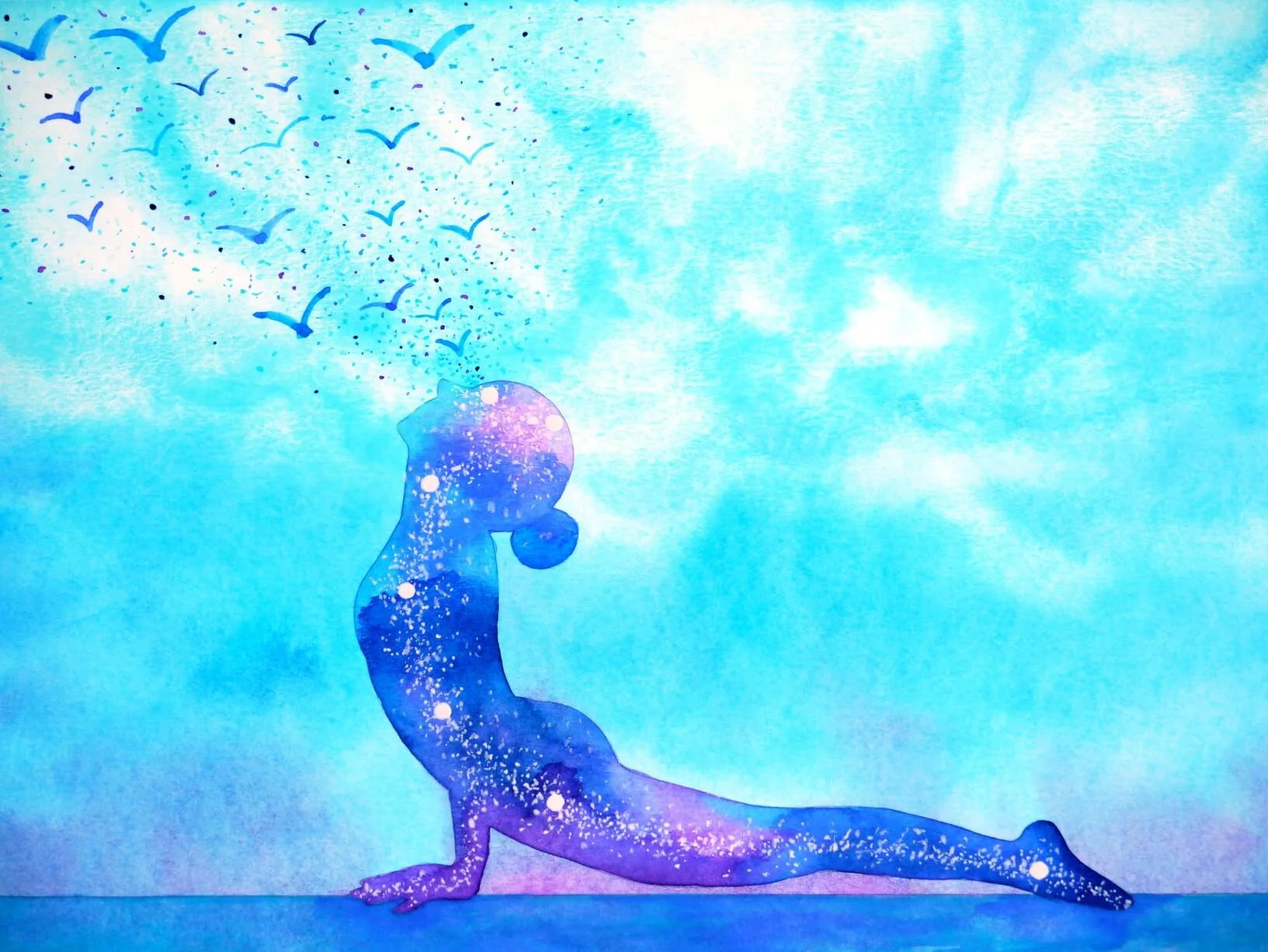It is as if everyone is practicing a very advanced yoga, that of extending your body sense into what others are experiencing as bodies - "if you beat up on him, you are beating up on me."
This is the very definition of compassion - "feeling of sorrow excited by the suffering or misfortunes of another." From com, "with, together," + pati, "to suffer."
You may or may not be religious, but this is the essence of the Christian mystery. "Truly I tell you, whatever you did for one of the least of these brothers and sisters of mine, you did for me."
It feels as if the world has changed because of the protests. There is an awakening which could be permanent, a message has gone forth, asserting the right to breathe, everyone has a right to breathe freely, and to live in dignity.
But we can't live in a state of emergency functioning forever. We have to create time to recover and recharge. Like breathing out and breathing in again, to recover from the exhaustion of the protests and marches, you may want to give some time to returning to your own body, inhabiting yourself, and letting your body and nerves heal and recharge.
Healing hurts. As our bodies repair the wear and tear, we relive the joy and the pain of how we got so tired. Expect this hurt and welcome it. Let the tears and laughter flow.
Some ways to approach giving yourself healing, if you have been traumatized by the events of the past few weeks or months.
- Team up with someone, either in person or on the phone. It is very helpful to have someone "spot" for you.
- Give yourself 4 hours of uninterrupted time, that you are giving over to encouraging the bodily process of recovery.
Here are some options:
- Sit in a darkened room, with phones off, and just tell stories and listen to the other person, for 4 hours. If you are the one talking, give yourself permission to pause and feel into your heart sensations and your fear sensations and your skin sensations, and speak from there. If you are listening, just attend. Let that other person be your movie, your Netflix. You have the privilege of seeing the world as they see it, for this time.
- Go to somewhere soothing, a park or grove of trees or river or ocean, and wander in an unhurried way, talking story.
- alternatively, do some vigorous activity such as running, swimming, playing a game, and then afterwards, in the joy of simple physical exhaustion, talk.
- arrange a playlist of the most heartbreakingly beautiful music you can find, and play it on the best sound system or headphones you can arrange, and lie on the floor and let the music carry you away. If possible, with a friend.
- if you are alone, bathe in pleasure for hours. Take a shower or bath, rub lotion all over your body, wrap yourself up in a bedsheet, and lie down and simply feel your whole body, everywhere, and track your emotions and sensations.
The rhythm of healing is that we first of all give ourselves a sense of safety, even a little, and an atmosphere of relaxation. It helps to have someone with you, but you may have to do this alone. Then in the atmosphere of safety, that which is painful, that which is burdening your heart, all your worries, come up to be felt and released.
What we call "meditation" is just a set of ways to allow this process. There are tens of thousands of ways. You have all that you need inside you now. In a conscious healing practice such as this, you are actively welcoming the same kind of healing that your brain and body will do tonight when you sleep, and have done in every moment of sleep since you were first conceived.
The fetus in the womb alternates between deep sleep and REM or dreaming sleep. This alternation is how brains, nervous systems, and bodies learn and heal. To meditate deeply and allow healing to proceed, you want to allow this cycling of different brain states.
Your mind is not "wandering," it is processing in the ways that dreams are processing. Meditation, when approached in a natural and effortless way, allows the body to enter a state of rest deeper than sleep, in about 5 minutes. This feels totally natural. It just feels like normal relaxation. But in the lab, and this was studied and replicated for decades, restful meditation is physiologically quite remarkable.
Meditation, in a sense, takes a load off of our sleep time, so that the brain does not have so much of our unfinished business to deal with. This will allow sleep to be deeper as well. Wandering in nature, listening to music, or talking story for hours and hours, give yourself a chance to return to your own body and let your energies recharge. Wherever you are, however you are, you have the tools to do this. And you can accomplish this one breath at a time, one heartbeat at a time.













